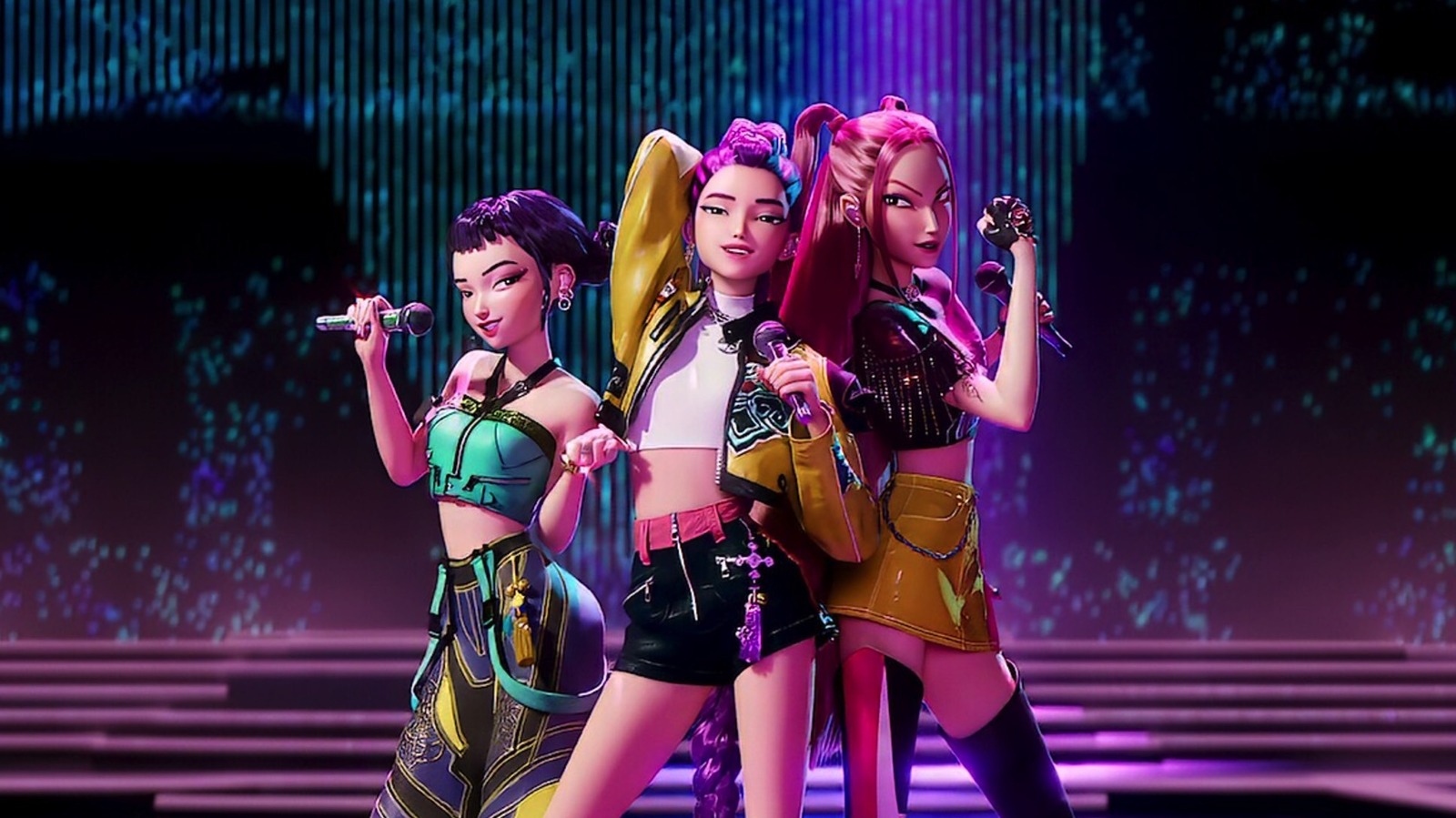The KPop Demon Hunters controversy has sparked widespread discussion among fans and industry insiders alike. Central to the debate is whether the song 'Soda Pop' was written with the assistance of ChatGPT, an advanced AI language model. This question has led to conversations about the role of artificial intelligence in creative processes and the authenticity of AI-generated content in the music industry.
Initially, the controversy emerged when fans noticed similarities between 'Soda Pop' and other AI-generated compositions, prompting speculation about the song's origins. Critics argue that the use of AI tools like ChatGPT could undermine the originality of music, raising concerns about intellectual property rights and artistic integrity. Conversely, supporters believe that AI can serve as a valuable tool for artists, helping to inspire new ideas and streamline creative workflows.
In response to the allegations, representatives from the KPop Demon Hunters group emphasized that the song was a collaborative effort involving human writers and producers. They stated that while AI tools may have been used during the creative process, the final product was a result of human artistry and decision-making. This clarification aimed to dispel misconceptions and reassure fans about the authenticity of their music.
The debate over AI's role in music is not new, but the controversy surrounding 'Soda Pop' has brought it back into the spotlight. Industry experts are divided on whether AI-generated content should be considered genuine art or a technological shortcut. Some argue that AI can democratize music creation, allowing more people to participate in the artistic process, while others worry it could devalue human creativity.
Moreover, the controversy has implications beyond just one song. It raises broader questions about copyright laws, licensing, and the future of music production in an era where AI tools are becoming increasingly sophisticated. Artists and producers are now faced with the challenge of navigating this new landscape, balancing innovation with ethical considerations.
As the discussion continues, many are calling for clearer guidelines and regulations regarding AI's involvement in creative industries. This includes defining what constitutes original work and establishing standards for transparency when AI tools are used. Ultimately, the goal is to foster an environment where technology enhances artistic expression without compromising authenticity.
In conclusion, the KPop Demon Hunters controversy over 'Soda Pop' highlights the ongoing debate about AI's place in music. Whether AI was involved in writing the song or not, it has undeniably sparked important conversations about creativity, originality, and the future of artistic endeavors in the digital age.
